In our everyday conversation, it's very common to say "yes", expressing agreement and/or affirmative, and it is one of the first things we would learn when we are trying to pick up a new language.
In Mandarin Chinese, there are many basic words and several ways to do this - depending on the context and the tone you want to convey. In this article, we will look at some of the common ways to say "yes", as well as tips to help you understand when and how to use these phrases properly.
是 (shì) / 是的 (shì de) - Yes
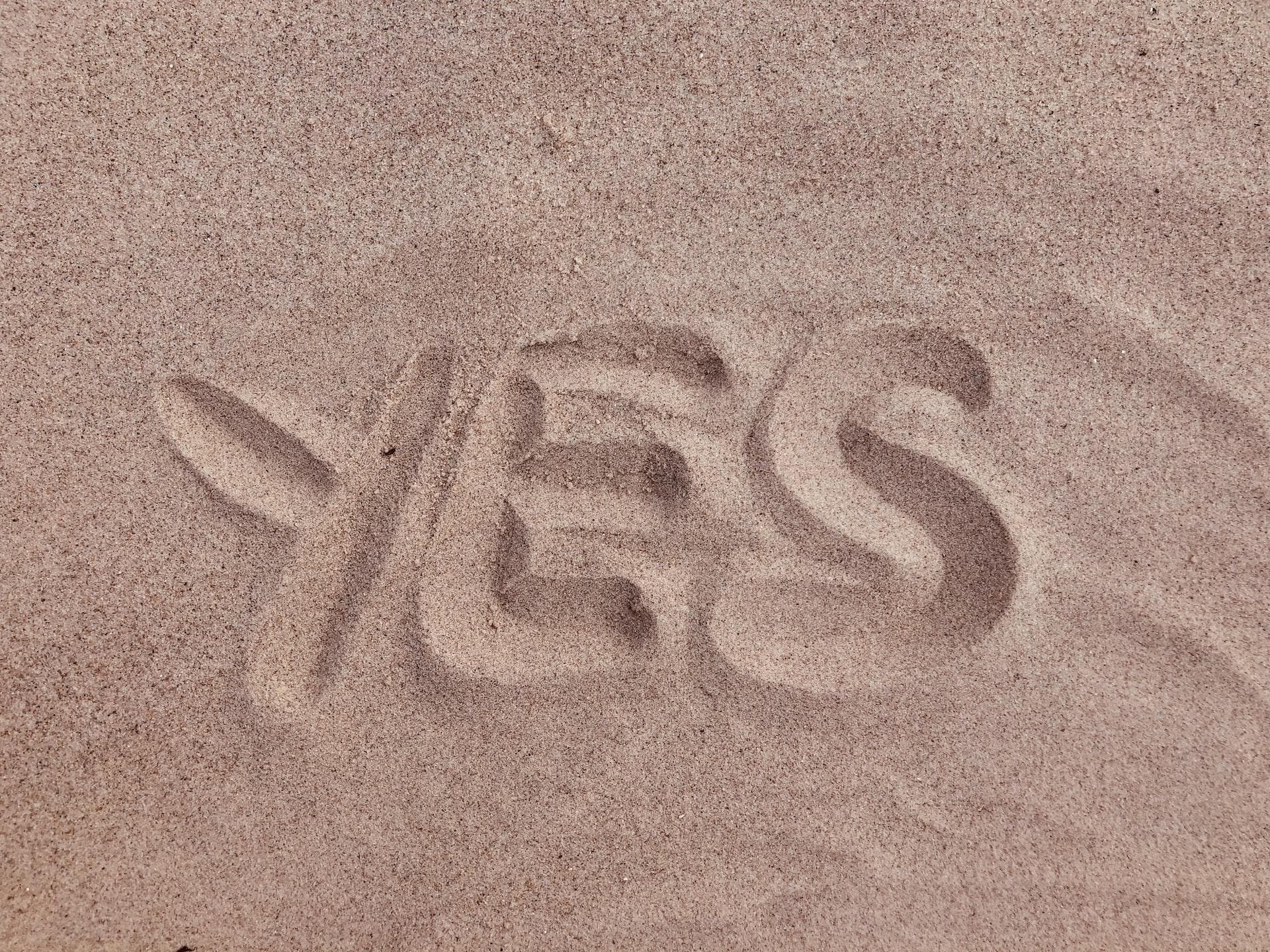
是 is the most straightforward way to say "yes" in Chinese. It is a neutral way to express agreement or affirmative.
Example:
A: 你会说中文吗? - Do you speak Chinese?
B: 是,我会。 - Yes, I do.
When responding "yes" to a yes/no question with 是 included in the question sentence, the answer often contains 是 as well.
But rather than saying "是" by itself, people would typically add 的 to make it sound more natural.
Example:
A: 这本书是你的吗? - Is this book yours?
B1: 是的。 - Yes.
B2: 是的,这是我的书。 - Yes, this is my book.
Since 是的 sounds more natural and polite, it's generally used more commonly than 是 by itself.
Another example:
A: 你们准备去公园玩吗? - Are you guys going to the park to play?
B: 是的! - Yes!
It's also common to add a short statement after 是的 for a clear affirmative.
For example,
A: 你是不是很喜欢画画? - Do you like drawing a lot?
B: 是的,我很喜欢! - Yes, I do!
嗯 (en/ǹg) - Yeah
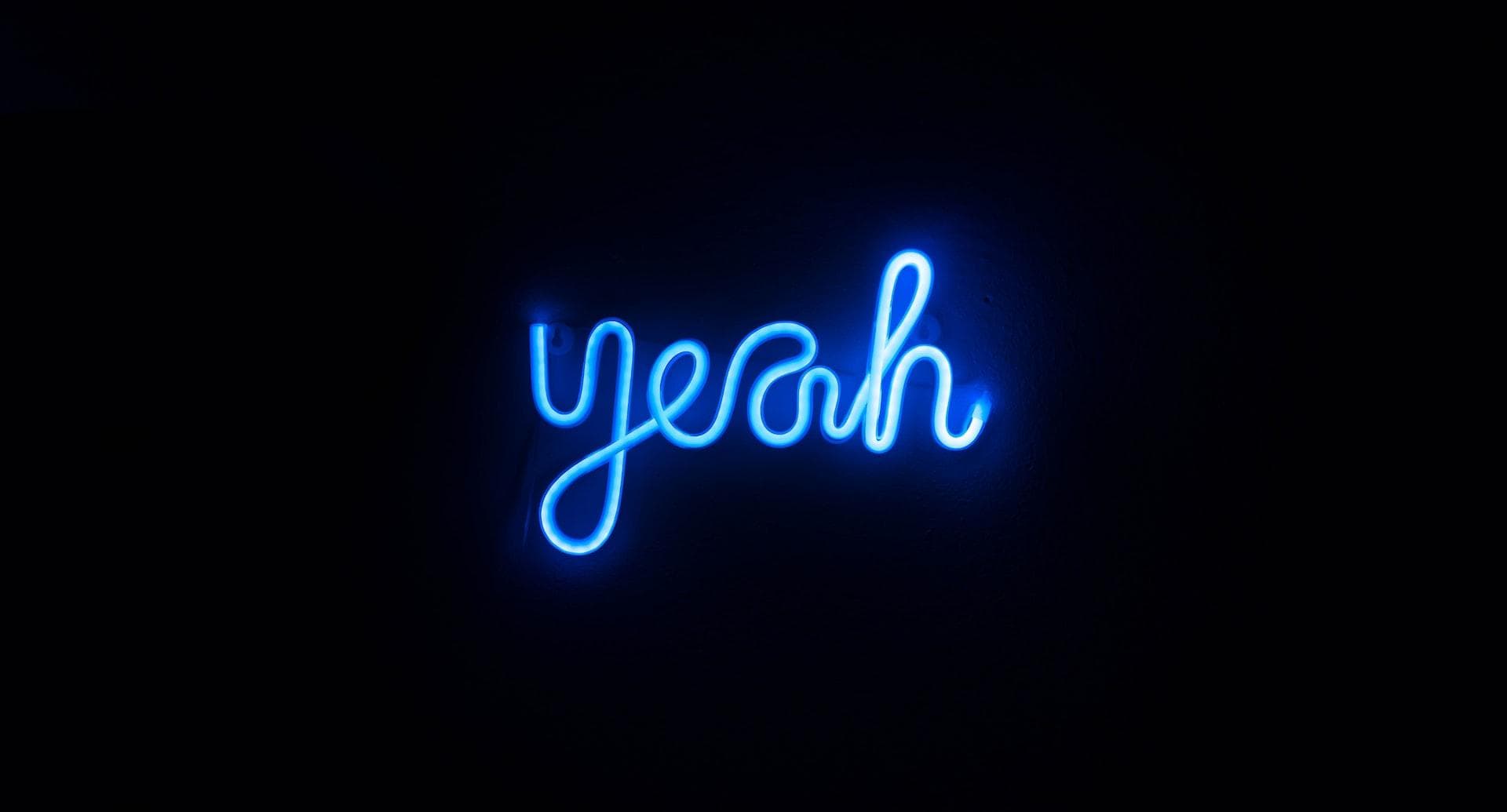
Like 是/是的, 嗯 is also a common way to express affirmative but much more casual. Instead of "yes", a better translation in English for 嗯 is "yeah" or "uh-huh", although it sounds just like "umm"/"hmm".
Nevertheless, the usage of 嗯 is similar to 是的.
For example,
A: 你要去吃饭吗? - Are you going to eat?
B1: 嗯。 - Yeah.
B2: 嗯,是的。 - Yeah, I am.
While 嗯 by itself means "yeah", just answering the one syllable often comes off as abrupt or even rude. But adding 是的 together with嗯would make your affirmation more polite and clear.
Another example,
A: 你作业写完了吗? - Did you finish your homework?
B: 嗯,写完了。 - Yeah, I did. (Literal translation: Yeah, it's done.)
Here, it's also common to repeat the statement part of the question after 嗯 for confirmation.
Something to keep in mind is that 嗯 can also express "ok" in addition to "yeah", which conveys a slightly different meaning. More detail about 嗯 for "ok" is provided in our article on how to say "ok" in Chinese.
对 (duì) - Correct/Right
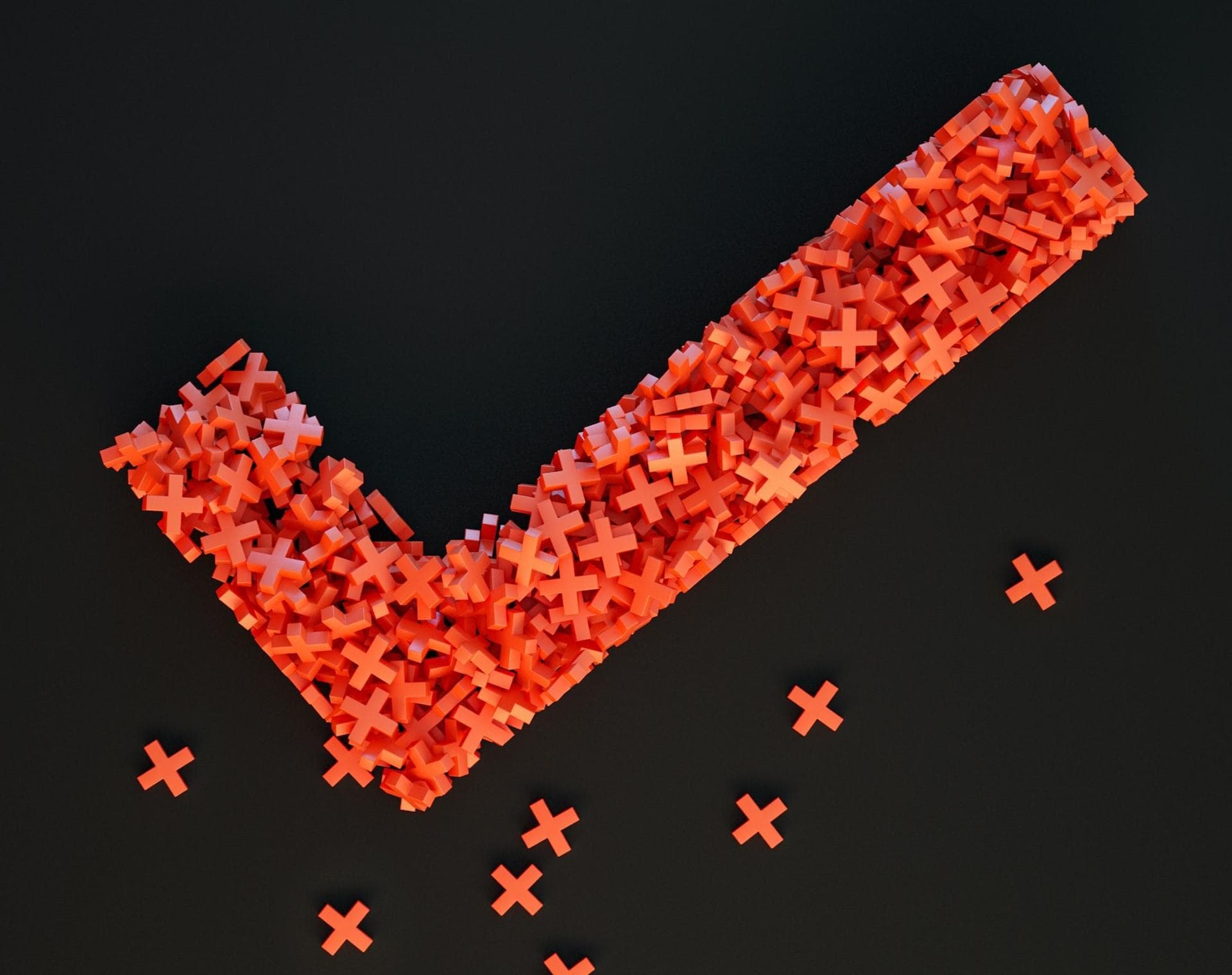
对 means "correct" or "right" and is often used to confirm a statement or answer a question. It is a more formal way to say "yes" and is often used in business or formal settings.
Recall the example mentioned above:
这本书是你的吗? - Is this book yours?
There can be many ways to answer it:
- 是。
- 是的。/ 是的,这是我的书。
- 嗯,是我的。
- 对,是我的。
They all mean "Yes, it is (my book)."
Compared to the first one, the rest responses sound more polite and clear. Here, 嗯 and 对 are used in the same way as for the grammar, but compared to 嗯, 对 is more formal.
Here is another example with 对:
A: 你是北京人吗? - Are you from Beijing?
B: 对,是的/没错。 - Yes, I am.
Just like 嗯, we can also add 是的 after 对 for more clear and polite confirmation.
Similarly, the word 没错 works here too, which means "not wrong" or "correct", and we'll talk about this word just below.
没错 (méi cuò) - Not Wrong/Correct
By literal translation, 没错 means not wrong or correct, which is similar to 对. A better translation for this phrase would be "That's right." It is commonly used for confirmation and acknowledgment.
As the example we just looked at, we can use 对 (or 是的) with 没错 together for a stronger confirmation/acknowledgment. 没错 can be used alone as well. And a lot of the time, 对, 没错 and 是的 are also interchangeable.
Let's see some examples below.
A: 这幅画是你画的吗? - Did you draw this painting?
B1: 是的,没错。 - Yes, that's right.
B2: 对/没错,是我画的。 - Yes, I drew that.
A: 饭是你做的吗? - Did you cook this?
B: 没错/是的。 - Yes.
A: 你很喜欢喝茶吧。 - You like drinking tea a lot.
B: 没错,很喜欢。 - Yes, I do.
好 (hǎo) - Good/Okay

好 means "good"/"great"/"okay" and is often used to express agreement or acceptance. It is a casual and friendly way to say "yes."
Example:
A: 你愿意和我一起去吗? - Would you like to go with me?
B: 好! - Yes!
Commonly, people would also add 的 or a modal particle like 啊 (a)/呀 (ya)/吧 (ba) to 好 to modify the emotion/tone of the agreement/affirmative.
See this example:
A: 你想和我去逛街吗? - Do you want to go shopping with me?
B1: 好的。- Yes.
B2: 好! - Yes!
B3: 好啊/好呀! - Yes!
Although all three responses translate to "yes", they come with different degrees of emotion.
From B1 to B3, the emotion gets stronger, especially for B3 where the modal particle 啊 or 呀 is used. On the other hand, 好的 comes off less excited than the other two.
Different from 啊 or 呀, when the modal particle 吧 is used, the tone will become reluctant.
For example:
A: 吃完饭就去写作业吧! - Go do your homework after dinner!
B: 好吧。 - Okay/fine.
In fact, 好吧 is generally used for "ok" rather than "yes". The usage of 好吧 as "ok" is discussed in the article on how to say "ok" in Chinese.
行 (xíng) - Ok/Fine/Sure

行 means "okay"/"fine"/"sure" and is often used to express agreement or acceptance. It is a casual and informal way to say yes. It is similar to the 好/好的/好-modal particle we've just gone over above. And we've also talked about its usage as "ok".
See examples:
A: 你想和我一起去看电影吗? - Do you want to go see a movie with me?
B: 行,我很乐意。 - Sure, I'm happy to go.
A: 你能帮我个忙吗? - Can you do me a favor?
B: 行,什么忙? - Ok, what's the matter? / Ok, what is it?
Similar to 好, we can also add a modal particle to 行, including 啊, 呀, and 吧, and their usages are also similar to 好 + modal particle.
In general, when 啊/呀 is added, the tone for the agreement/acceptance becomes stronger, often with some excitement. While with 吧 added, the tone becomes somewhat reluctant.
当然 (dāng rán) - Of Course/Sure/Certainly
While 行 has the meaning of "sure", its tone is generally casual and laid back. To express a strong affirmative comparable to "Of course!"/"Sure!", we can use 当然.
See examples:
A: 你能帮我请个假吗? - Can you take a leave of absence for me?
B: 当然! - Of course! / Sure!
A: 你也喜欢摇滚乐吗? - Do you like rock music too?
B: 当然 (喜欢)! - Of course (I do)!
没问题 (méi wèn tí) - No Problem
没问题 means "no problem" or "sure", which is also a common way to express agreement or acceptance, similar to 行. And just like 行, its tone is also casual.
In fact, it is often used in combination with 行.
Some examples are given below:
A: 你能帮我切个菜吗? - Could you help me chop the vegetables?
B1: 没问题。 - No problem.
B2: 行,没问题。 - Ok, no problem.
A: 吃完饭我们去散步吧! - Let's go for a walk after we eat!
B1: 好啊! - Okay! / Sounds good!
B2: 没问题! - Sure!
B3: 好啊,没问题! - Sure, that sounds great!
As we can see from the above examples, we can either use 没问题 by itself, or we can combine it with other phrases we've mentioned previously.
Note that the translation used here for 没问题 varies depending on the situation and the tone it conveys, rather than its literal translation of "no problem".
Other Ways to Say "Yes"
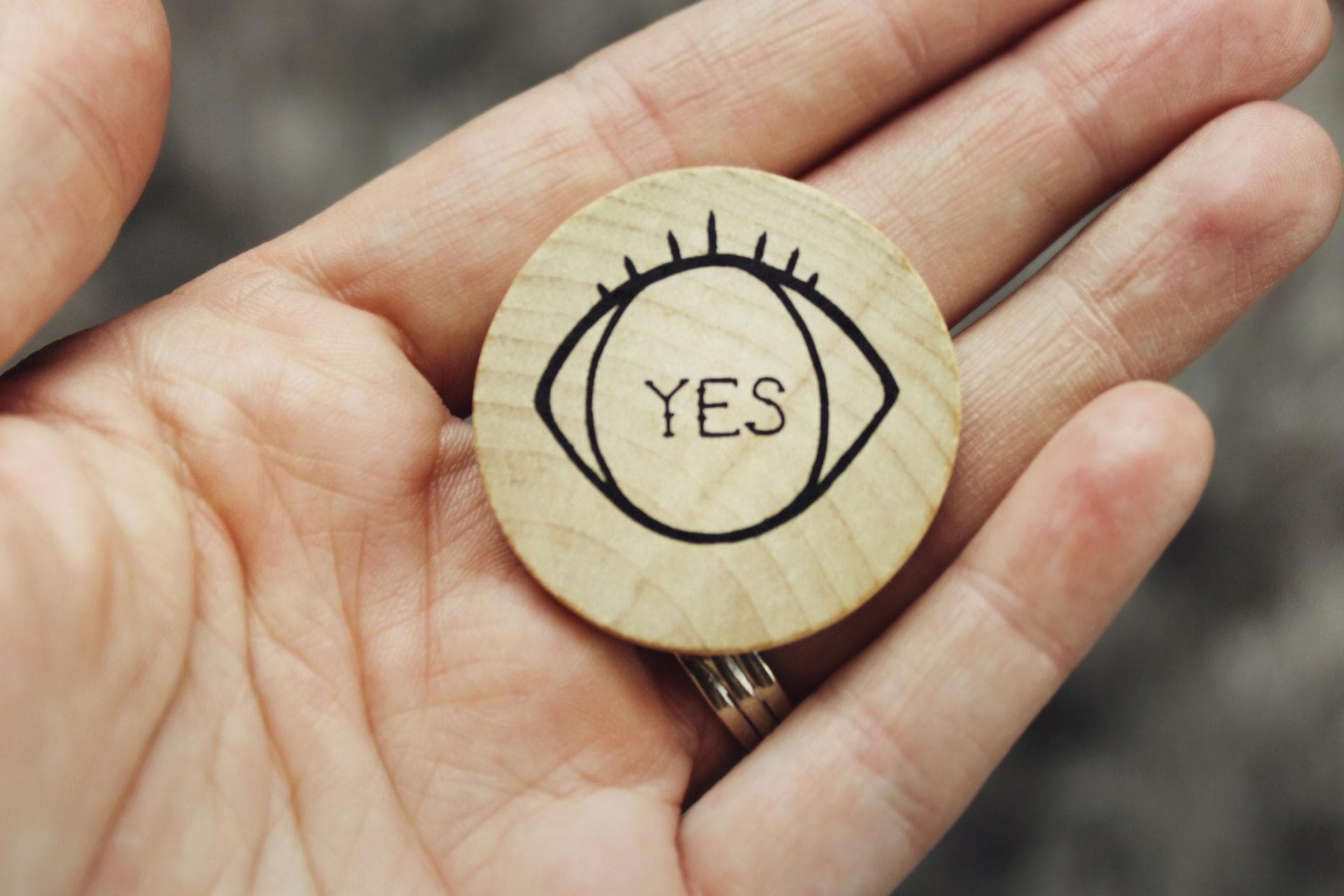
While we have introduced many phrases and words above to say "yes" in Chinese, there are many other situations where more specific words are used to express affirmative, agreement, acceptance, acknowledgment, etc.
For example, when you try to express affirmative to a yes/no question, you may simply repeat part of the sentence - usually just the verb or adjective part.
Let's see some examples:
A: 你喜欢吃甜点吗? - Do you like dessert?
B: 喜欢! - Yes! I like it.
A: 你作业做完了吗? - Did you finish your homework?
B: 做完了。 - Yes, I did.
A: 你去过北京吗? - Have you been to Beijing?
B: 去过。 - Yes, I have.
A: 你好了吗? - Are you done?
B: 好了。 - Yes, I'm done.
A: 你有笔吗? - Do you have a pen?
B: 有。 - Yes, I do.
A: 好吃吗? - Does it taste good?
B: 好吃! - Yes, it's tasty!
A: 你要去公园吗? - Do you want to go to the park?
B: 要! - Yes!
A: 你会弹吉他吗? - Can you play guitar?
B: 会。 - Yes, I can.
A: 这件衣服好看吗? - Does this dress look good?
B: 好看! - Yes, it looks good!
For all the above examples, the responses are the verb (sometimes the adjective) part of the question. This is another common way in Chinese to respond with confirmative.
Nevertheless, you can also add the words we've introduced above in the front to make your confirmation stronger and clearer.
Adding 的 and Modal Particles
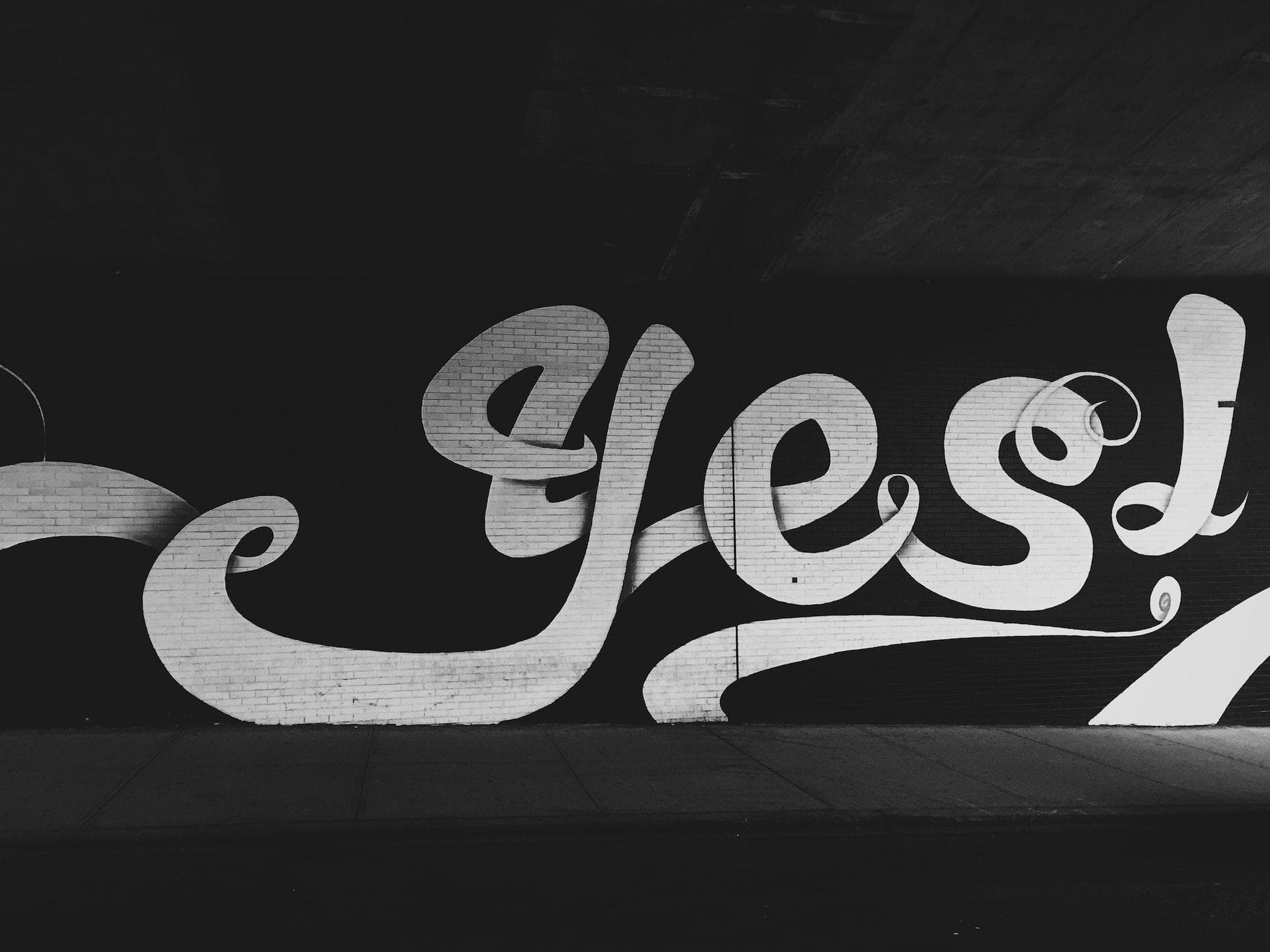
Something else worth pointing out is the addition of 的 and modal particles.
We mentioned adding 的 or modal particles for some of the words above, including 好 and 行.
In fact, they are not limited to these two words but rather can be applied in a general way to different phrases.
Overall, 的 makes the tone friendlier, and modal particles of 啊 and 呀 make the affirmative stronger, while 吧 adds a reluctant tone.
Additionally, 呢 (ne), also a modal particle, can be used sometimes too, which typically makes you sound cute while also emphasizing the affirmative tone.
Here are some commonly used examples:
| Chinese | English | Tone |
| 是啊/是呀 | Yes! | Strong affirmative, excited |
| 是呢 | Yes/Ya | Affirmative, friendly, cute |
| 是的 | Yes | Polite and friendly |
| 是的呢 | Yes/Yeah | Affirmative, friendly, cute |
| 是的吧 | Yes | Uncertain, moderate affirmative |
| 好啊/好呀 | Okay! / Great! | Strong agreement, excited |
| 好的 | Okay | Less strong than 好 |
| 好的呢 | Okay | Friendly and cute acceptance |
| 好吧 | Fine | Reluctant |
| 行啊/行呀 | Ok/Of course | Strong agreement |
| 行吧 | Fine | Reluctant |
| 对的 | Correct | Friendly |
| 对啊/对呀 | Correct/Yes! | Strong affirmative, excited |
| 对吧 | Right |
|
| 没错吧 | That's right |
|
| 没错呢 | That's right | Friendly and cute, sometimes can be sarcastic |
There are many more commonly used phrases like these, and here are just examples for demonstration.
With the use of 的 and modal particles, we can say "yes" with different emotions, and some may be more subtle than others.
Using different modal particles properly may be difficult at first, but with more practice like talking to others in Chinese (in person or online), it'll come more naturally over time.
Repetition
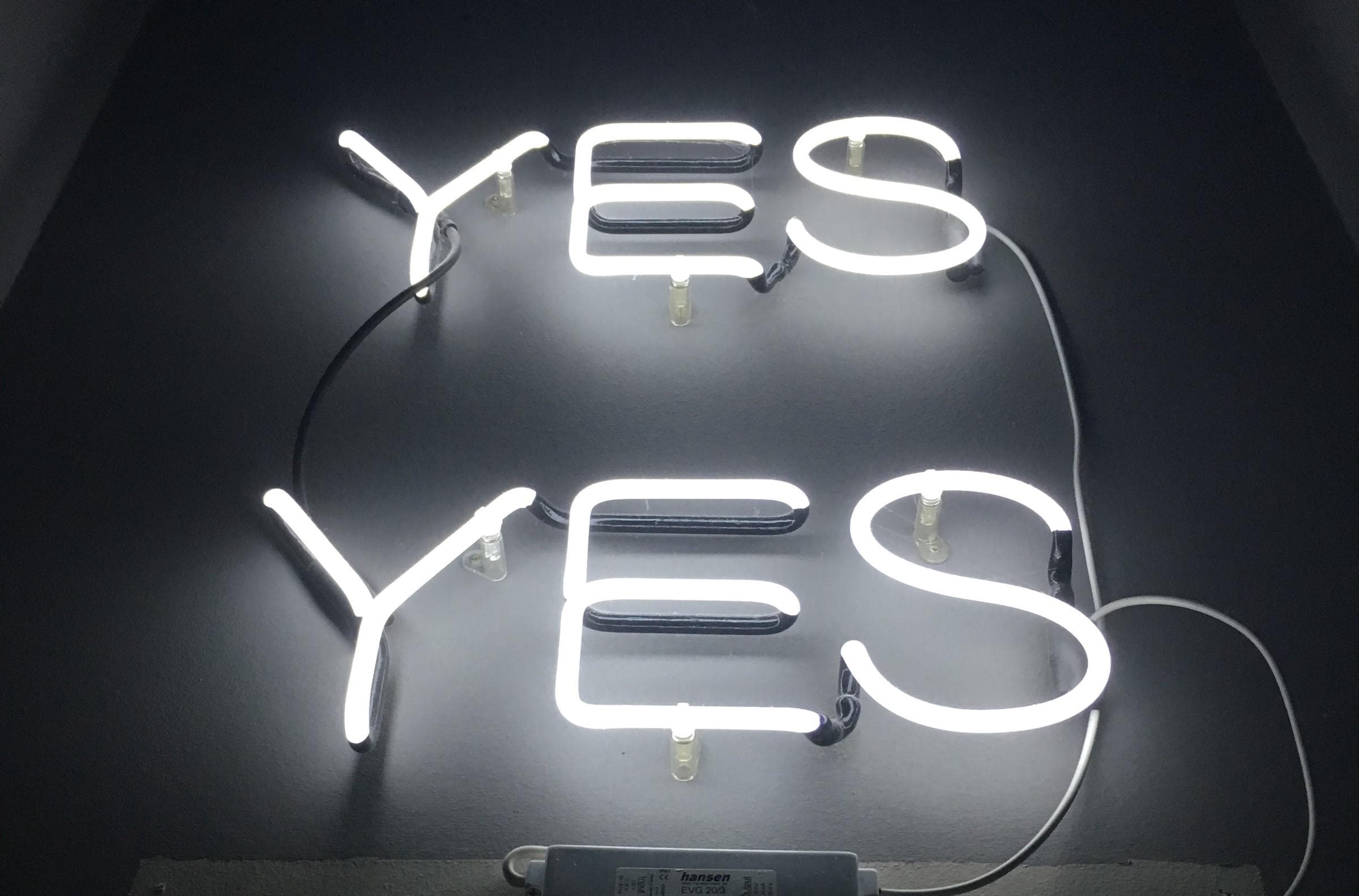
So far, we've gone over many different ways to say "yes", and they come with different tones and are applied to different situations for expressing agreement and affirmation.
There is one more important thing to know - that is the usage of repetition.
In spoken Chinese, repetition is very commonly used to emphasize one's emotion. This is especially true for expressing "yes".
Recall the words we've talked about above, including 是, 对, 好, 行, 嗯, 没错, and so on, all of them can be repeated to convey strong agreement/affirmative.
For example,
A: 这次是你做得不对! - You've done wrong this time!
B: 是是是,我错了,对不起! - Yes yes, I was wrong, I'm sorry!
A: 这部电影虽然画面好看,但是剧情很一般。 - The scenes in this movie are pleasant to look at, but the plot is mediocre.
B: 对对对,我也这么认为! - Yes yes, I think so too!
A: 下次不能再这样做了! - (You) cannot do something like that again!
B: 好好好,我保证! - Ok ok, I promise!
A: 你最后再帮我一次吧! - (Please) help me one last time!
B: 行行行,但是下不为例! - Ok sure, but just this once!
A: 这幅画画得太好了! - This painting is really well done!
B: 嗯嗯嗯,是的! - Yeah yeah yeah, it is!
A: 他应该为自己的行为道歉。 - He should apologize for his behavior.
B: 没错没错! - Yes yes!
In general, for a single-character word of "yes", people typically repeat it three times in a row to express strong agreement. While for a two-character word, people would repeat it twice.
So, for words like 好, 是, and 对, we can say "好好好", "是是是" and "对对对". But if you add 的 or modal particle to these words, then you can repeat them like "好的好的", "好啊好啊", "是的是的", "是呀是呀", "对的对的", etc.
But pay attention, because it comes with strong emotion, repetition is generally only used in casual and informal situations, typically when we are talking to our friends and family. In a formal setting, we would avoid repetition.
Final Thoughts
It's important to be aware of the various ways to express "yes" in Chinese, as the phrase you choose can depend on the context and the tone you want to convey. By understanding the different options and cultural norms, you can communicate your affirmative and agreement more effectively in Chinese.
But of course, the answer is never always "yes". What should we say when we want to express "no" instead in Chinese?
Just like "yes", there are also different words and phrases you can use depending on the situation. Let's dive into the negative forms of responses and take a look at ways to express "no" in Chinese!